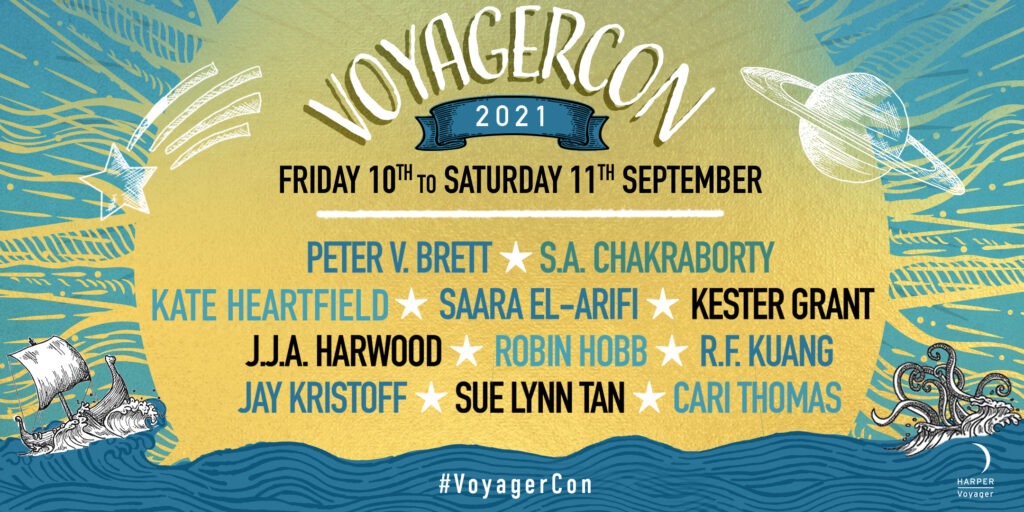To celebrate the release of A Crown Imperilled, Raymond E. Feist talks about his writing experiences and fantasy as a genre.
What is it that draws you to the Fantasy genre?
It’s as close as I can get to the old “Boys Adventure” genre, or real historical novels, my first two loves as a kid.
In essence, both Fantasy and Sci-Fi tend to be escapist in that they manage to draw their readers completely into a totally different world.
Why do you think a lot of fantasy novels use the Medievalist form?
Western/Northern European is our common foundation culture in the UK and US. It’s changing, and we’re now hearing other voices with other roots, but for the most part, it’s come to be what we as readers of the genre expect. Asian and other settings are now becoming more commonplace, and my world of Kelewan was designed specifically to be non-European, but in the end, for heroic fantasy, the Medievalist European trope is preferred. Once you get out of the heroic, though, you tend to see a great deal more diversity.
Have you ever considered delving into the world of Sci-Fi?
Yes, to the terror of my publisher who would much prefer if I stuck with fantasy. I have two notions, an alternate history/time travel one, and a galaxy spanning old style high adventure idea. Maybe some day.
What authors do you look up to in your genre?
It’s tough to say without stepping on toes, so I avoid naming names of contemporaries. Let it suffice that there are a lot of very talented men and women out there right now, doing solid work for their loyal fans. We did recently suffer the loss of two really gifted storytellers in Jim Rigney (Robert Jordan) and Phillip Jose Farmer, one cut down far too young and one at the end of a long and glorious career. Both had well deserved fame and followings.
How do you create likeable heroes?
You find a common human trait the reader can at least understand, if not identify with; even my “anti-heroes” had to have that quality, else the reader just doesn’t care what happens to him or her.
What led up to your first book being published? How did you get your first big break?
I did it as a bit of a lark at first, writing. Then when friends were more than enthusiastic, more than the polite “how quaint,” kinds of comments, but really “you have to get this published,” I started bearing down. My first break was my friends; for a while I was out of work and they pitched in so I could finish the book – they put their money where their mouths were; you don’t get more concrete support than that. My second big break was in landing Harold Matson as my agent; he was a giant in the industry. He got it to Adrian Zackheim at Doubleday who loved the concept and helped me finish it as a novel.
What advice would you give unpublished Fantasy authors?
You have to keep writing. Young authors especially are impatient. They expect to do it all the first bash out, and it rarely works like that. Mostly it’s because writing is the most common of the arts as far as familiarity with tools; if you’ve passed your upper forms in Literature, you’re supposed to be able to write. Well, you can, a shopping list, a report to your boss, a letter to your mum, but if you want to write a book, that’s a different thing. You may play the piano, so you practise, but if you want to play Chopin at Carnegie Hall, you practise.


